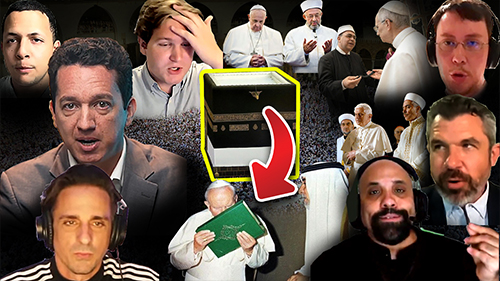Spirituality
Concerning the 19th century Jesuit missionaries in the wilderness of America: “In the first excursions made by Fathers Van Quickenborne and Christian Hoecken, they were often lost for days at a time, and would traverse the immense prairies in every direction in a vain endeavor to discover their whereabouts. These plains resembled a vast sea: as far as the eye could see one beheld nothing but a limitless stretch of green pasture and blue sky: deer, chamois, and roebuck were plentiful; prairie-chicken and other wild game abounded. Wolves and bears creeping from their lairs to eat sheep terrified both man and beast. But even in such straits they were not abandoned by divine Providence. At nightfall the Fathers would often throw the reins on the horse’s neck, letting him take his own direction, and before long would find themselves in sight of some habitation. Once an immense and strange dog sprang in front of their horses, and, making a path through the high grass, brought them to the home of a Catholic, where they rested and were refreshed, and, to their great consolation and that of their host, they celebrated the Divine Mysteries.” (The Life of Fr. De Smet, p. 78.)










 " />
" /> " />
" /> " />
" /> " />
" /> " />
" />





